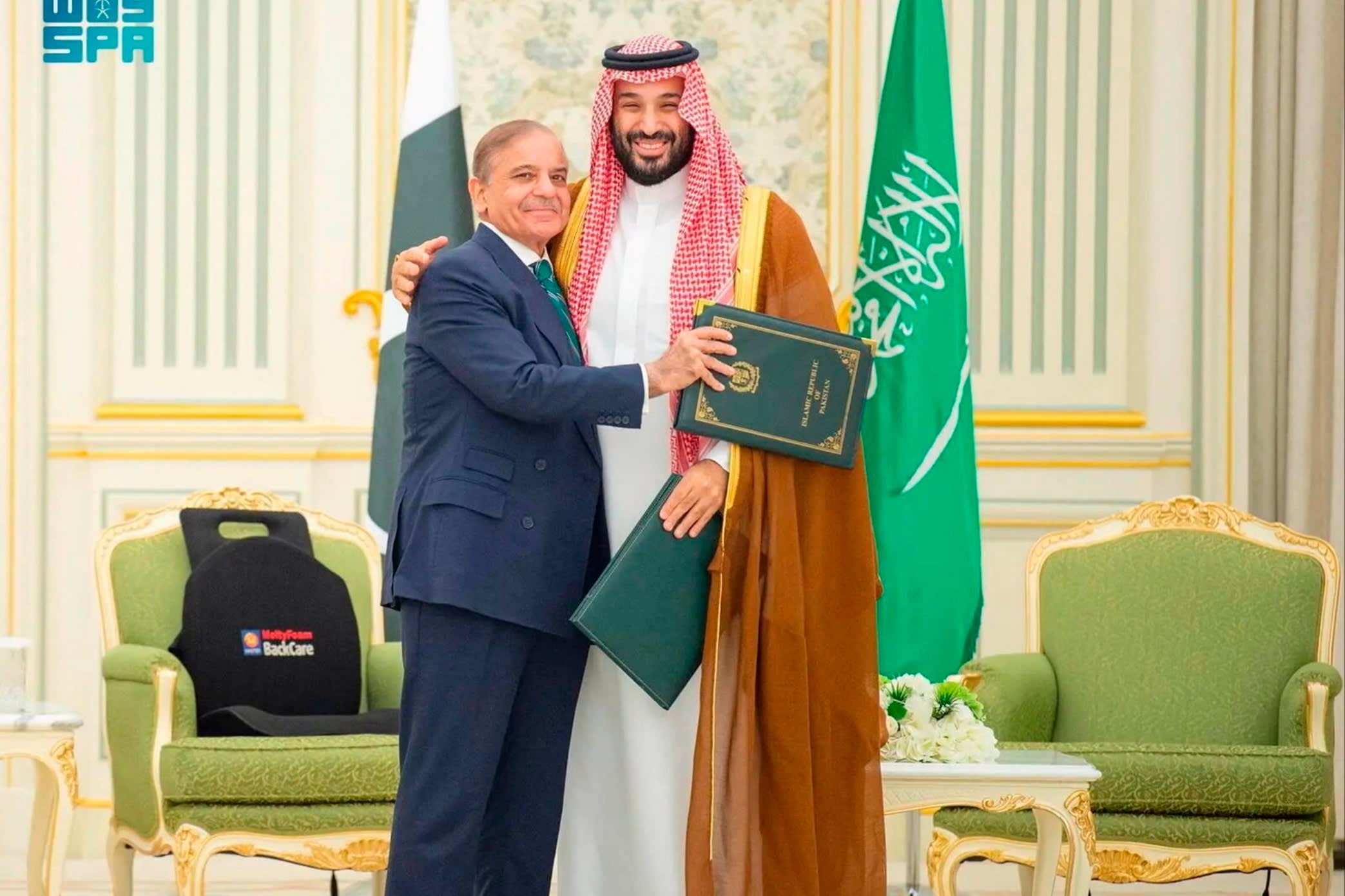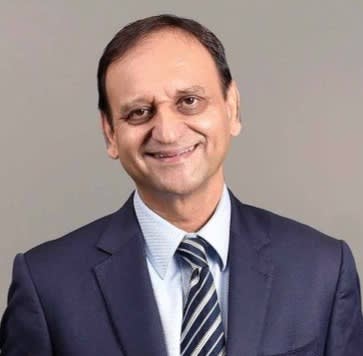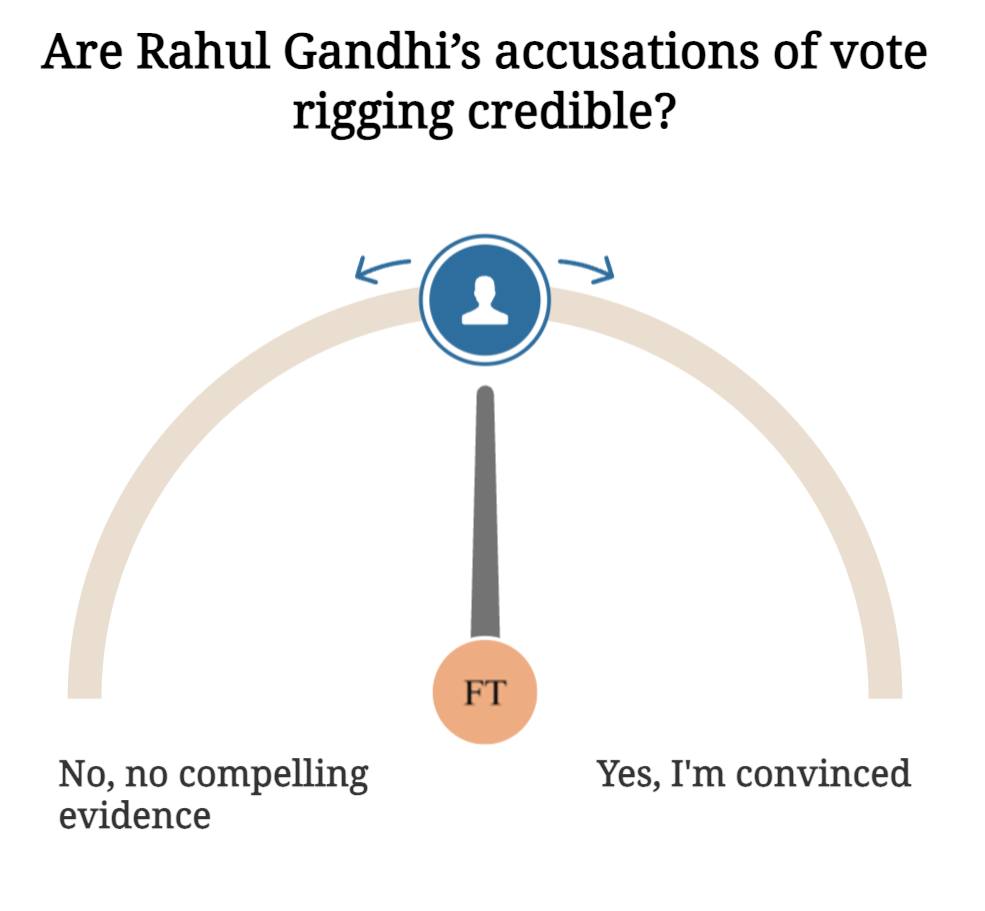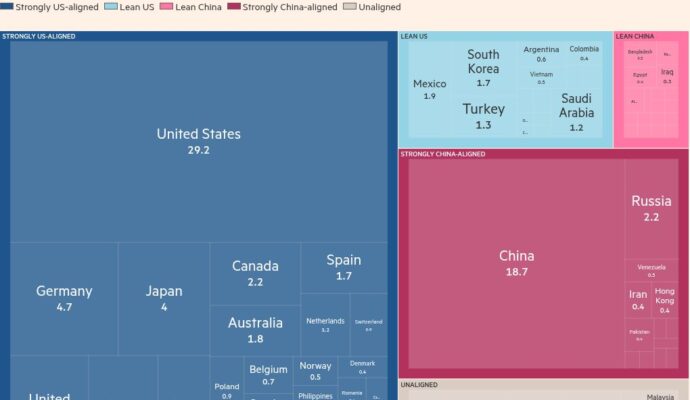Good morning. It’s the week of hoping for a diplomatic reset. Both commerce minister Piyush Goyal and foreign minister S Jaishankar are in the US for talks. It’s good to know hopes for a deal that could ease US President Donald Trump’s punitive tariffs are not dead, even though Washington seems to be constantly upping the ante. Goyal continues to put a positive spin on events, even if his tone lacks the confidence it exuded earlier in the year. Well, one can only empathise with him.
In today’s newsletter, Saudi Arabia and Pakistan have signed a mutual defence agreement. How will that affect India? But first, this week’s key topic: H-1B visas.
Visa woes
The Trump administration’s announcement of changes to the H-1B foreign worker visa scheme has caused quite a lot of chaos. Let’s take stock.
On Friday, Trump signed an executive order to increase the application fee for this category of visa to $100,000. US commerce secretary Howard Lutnick said this was an annual fee to be paid by the employers. Visa holders, of which an overwhelming number are Indians, panicked. Some, fearing they would be denied re-entry to the US, even tried to get off planes that had already left airport gates. A few hours later, the policy changed again. The new fee now only applies to new applications, not renewals.
As expected, Indian stock markets were on Monday weighed down by the tech sector. The Nifty IT index closed down 2.95 per cent, with Tata Consultancy Services, one of India’s largest outsourcers, falling by the same amount. Rival Infosys closed 2.6 per cent lower, while HCLTech slipped 1.9 per cent.
The impact of the H-1B visa changes on India’s tech sector is either negligible or catastrophic, depending upon who you talk to. So let’s look at the facts. There are around 1.3mn people, including dependants and families, in the US on this visa, according to Fwd.us, an immigration and criminal justice reform lobby group. US authorities say Indian citizens account for more than 70 per cent of H-1B visa holders in the US. While the visa category covers various sectors, Indian tech companies are its biggest users, as it enables them to move professionals easily between company headquarters here and client sites in the US.
The next H-1B lottery is slated for March 2026, so there is no immediate impact of this announcement on bottom lines. Also, according to industry insiders, for more than a couple of years now technology companies have been cutting their dependence on the visa and negotiating client contracts on the premise that more work will be performed remotely from India. There will still be some geographical reorganising needed, which may involve moving people to Mexico or Canada. Further, as this newsletter discussed last week, both tech service providers and their clients are in the process of figuring out the impact and applications of artificial intelligence, so their businesses are being disrupted anyway.
The implications of the H-1B uncertainty can therefore be summed up in two ways. Will it have an impact on business operations? Yes, especially since more than half the revenues of large and mid-sized tech companies come from the US. Is it a death knell for India’s tech sector? Not quite. For now, the repercussions of last weekend’s changes are far more significant for the actual visa holders, who are suffering greater uncertainty about renewals and fewer opportunities to change jobs, than for the companies themselves.
What strategies should the Indian IT sector adopt in response to the H-1B changes? Send us your thoughts. Hit reply or email us at indiabrief@ft.com
Recommended stories
Nvidia to invest up to $100bn in OpenAI.
Will Japan get its first female prime minister?
India’s democracy is threatened by vote-rigging, says Rahul Gandhi.
The shadow economy behind the international student boom in the UK and elsewhere.
How can top hedge funds pay traders $100mn?
Fashion designer James Ferreira’s guide to Mumbai.
Neighbourhood watch

The strategic mutual defence agreement signed between Pakistan and Saudi Arabia last week, which commits both countries to treat an attack on one as an attack on both, has serious implications for India. On Friday, when asked by local media if Saudi Arabia would get involved if Pakistan and India were to go to war, Pakistan’s defence minister Khawaja Mohammad Asif said: “Yes, absolutely. There is no doubt about that.”
Although the two countries have been reportedly working on the pact for at least a year, its announcement comes at a particularly bad time for India, which has a wide-ranging strategic partnership with Saudi Arabia. On Friday, a spokesperson for the foreign ministry pointed out that India’s relationship with Saudi had deepened considerably in the past few years. “We expect that this strategic partnership will keep in mind mutual interests and sensitivities,” he said, referring to their pact with Pakistan.
India buys a substantial amount of petroleum from Saudi and just this year, the two countries agreed to boost co-operation in the supply of crude and liquefied petroleum gas. This is now especially crucial as the US is taking punitive measures intended to decrease India’s oil purchase from Russia. In April, Prime Minister Narendra Modi was in Saudi Arabia on his third trip to the country, where he emphasised their substantive partnerships, especially in defence, trade, investment, energy and people-to-people ties. It is difficult to see how these can develop in the light of the agreement that Saudi Arabia has now signed with Pakistan.
The real bite from this deal for India is the higher geopolitical profile it accords to Pakistan, especially at a time of tensions between the two neighbours. Pakistan already has a close military relationship with China. It has also drawn closer to the US, after successfully wooing President Trump.
While the tendency in India is to downplay Pakistan’s military prowess and diplomatic might, it would be foolish to write off these partnerships. India has to sit down and re-evaluate its foreign policy, which over the past few years has been built around Modi’s personal relationships with various world leaders. That is not working any more. Other strategic alliances built over the years are also crumbling in the light of the disruption in the global order fuelled especially by a chaotic Trump administration in the US and Israel’s military escalation in the Middle East. It’s time to go back to the drawing board.
What do you think will be the pact’s impact on India? Hit reply or email me at indiabrief@ft.com
Go figure
Monthly transactions on the Unified Payments Interface, India’s digital payment system, crossed a historic milestone in August.
My mantra
“When you love something immensely and are completely involved in it, it doesn’t feel like work. Indulge yourself fully and enjoy the process, a great outcome is just a byproduct.”
— Ashish Khanna, chief executive, Adani Green Energy

Each week, we invite a successful business leader to tell us their mantra for work and life. Want to know what your boss is thinking? Nominate them by replying to indiabrief@ft.com
Quick question
Do you think Rahul Gandhi’s accusations of vote rigging are credible? Tell us here.

Buzzer round
On Friday, we asked: Which famous actor, who was in the news this week, started Sundance, the film festival for independent movies?
The answer is, of course, Robert Redford, who passed away last week.
Aniruddha Dutta was first with the right answer, followed by Ram Teja, Dinesh Dhanush, Prasanna Venkatesh and Nitin Lall. Congratulations!
Thank you for reading. India Business Briefing is edited today by Mure Dickie. Please send feedback, suggestions (and gossip) to indiabrief@ft.com.


